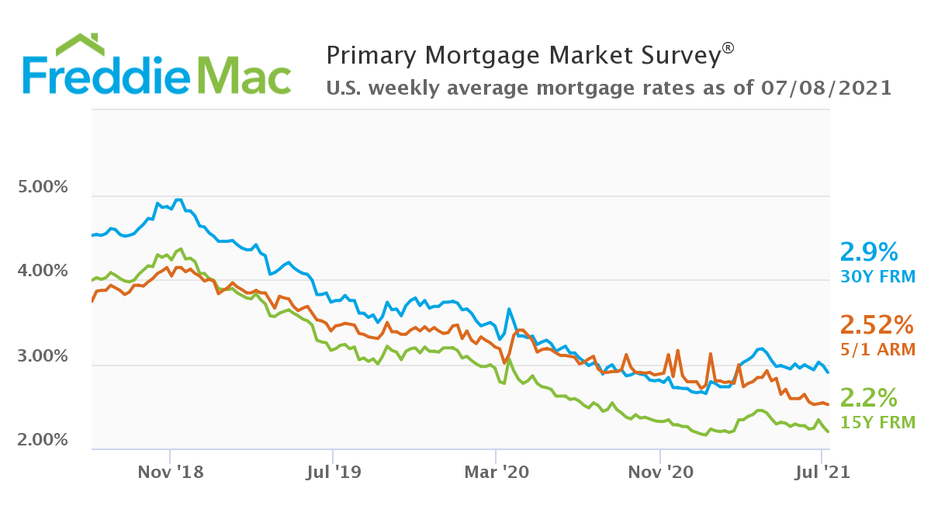Advertiser Disclosure Many or all of the items featured here are from our partners who compensate us. This might affect which items we write about and where and how the item appears on a page. Nevertheless, this does not affect our assessments. Our viewpoints are our own. After retirement, without regular income, you may often fight with financial resources.
A reverse mortgage is a home loan that permits property owners 62 and older to withdraw some of their home equity and convert it into money. You do not need to pay taxes on the earnings or make month-to-month home loan payments. You can utilize reverse mortgage earnings however you like. They're often allocated timeshare managers for costs such as: Debt debt consolidation Living expenditures Home improvements Helping children with college Buying another home that may much better meet your needs as you age A reverse home mortgage is the reverse of a conventional home mortgage; instead of paying a lender a month-to-month payment each month, the lender pays you. You must participate in therapy, a "customer info session" with a HUD-approved counselor, before your HECM loan can be funded. This rule is intended to guarantee that you understand the cost and effects of securing this kind of loan. Therapists work for independent organizations. These courses are available at a low cost and often they're even complimentary.
For many debtors, this suggests paying off your staying mortgage debt with part of your reverse mortgage. This is simplest to accomplish if you have at least 50% equity or so in your house. You have a couple of choices, but the easiest is to take all the money at the same time in a lump sum. what is the current variable rate for mortgages.

You can also select to receive regular routine payments, such as once a month. These payments are described as "period payments" when they last for your entire lifetime, or "term payments" when you receive them for simply a set duration of time, such as 10 years. It's possible to take out more equity than you and your lending institution expected if you go with period payments and live an incredibly long life.
This allows you to draw funds only if and when you need them. The advantage of a line-of-credit method is that you just pay interest on the money you've in fact borrowed. You can also utilize a combination of payment options. For example, you might take a small swelling sum upfront and keep a credit line for later.
For example, the house will go on the market after your death, and your estate will get cash when it offers. That money that must then be used to pay off the loan. The full loan amount comes due, even if the loan balance is greater than the home's value, if your successors choose they wish to keep the https://postheaven.net/lygrig2kqp/your-a-href-en-wikipedia-org-wiki-mortgage_loan-total-regular-monthly home.
How Do Interest Rates Affect Mortgages Fundamentals Explained
Many reverse home mortgages consist of a stipulation that doesn't permit the loan balance to exceed the worth of the house's equity, although market variations might still result in less equity than when you got the loan. It's possible that your estate might provide sufficient other assets to allow your timeshare cancellation beneficiaries to pay off the reverse home loan at your death by liquidating them, however they may otherwise not have the ability to get approved for a routine mortgage to settle the financial obligation and keep the family home.
You'll pay numerous of the exact same closing expenses required for a traditional home purchase or re-finance, but these charges can be higher. Fees minimize the amount of equity left in your house, which leaves less for your estate or for you if you decide to sell the home and pay off the mortgage.
Costs are often funded, or built into your loan. You don't compose a check for them at closing so you may not feel these costs, but you're still paying them regardless. You should have your house appraised, contributing to your costs. The lending institution will desire to make sure that your house in great shape before writing the loan.
A reverse home loan lets older homeowners tap into their home's equity for a swelling sum payment, regular payments, or in the form of a line of credit. Reverse home mortgages don't have to be repaid up until the homeowner passes away or vacates the house. Stays in care facilities for less than a year are fine.
Interest accrues over the life of the loan, so the amount required to settle the home loan will probably be considerably more than the initial loan earnings - how do down payments work on mortgages.
A reverse home mortgage is a method for homeowners ages 62 and older to leverage the equity in their house. With a reverse home mortgage, a homeowner who owns their home outright or at least has considerable equity to draw from can withdraw a part of their equity without having to repay it until they leave the home.

A Biased View of What Are Interest Rates Today On Mortgages
Here's how reverse home loans work, and what house owners thinking about one requirement to understand. A reverse mortgage is a kind of loan that permits house owners ages 62 and older, typically who have actually paid off their mortgage, to borrow part of their house's equity as tax-free income. Unlike a routine mortgage in which the property owner makes payments to the lender, with a reverse home loan, the loan provider pays the homeowner (what kind of mortgages are there).
One of the most popular types of reverse home mortgages is the Home Equity Conversion Home Loan (HECM), which is backed by the federal government. Regardless of the reverse home mortgage concept in practice, qualified property owners may not have the ability to obtain the whole worth of their house even if the mortgage is settled.